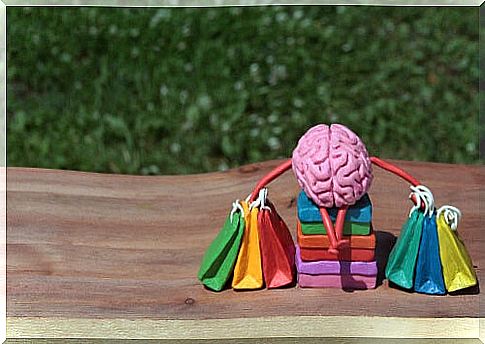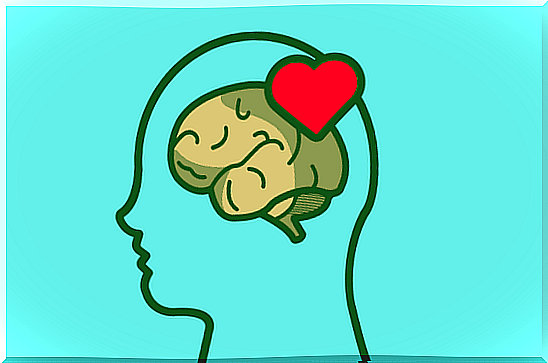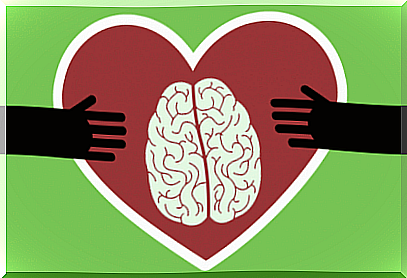Emotional Marketing, Buying Emotions

Offer sensations and feelings to offer products to the consumer. Most purchasing decisions are based on emotion and creating an emotional connection with the consumer.
The sale of the products has evolved over time, going through different stages. From inertia selling in the years after the Second World War, through the creation of sales or commercial departments, to the creation of marketing strategies , which focused on discovering the market needs and then satisfying them. And it is at present, where we can also observe a substantial change due to the total access to existing information, where products are no longer sold or bought, but sensations. We buy emotions.
The fact of generating more interesting and emotionally intense experiences are constituting the challenges for the promotion of products by companies.
What is Emotional Marketing?

The Emotional Marketing has recently emerged as that field of knowledge geared to mobilize in people their feelings, values and emotions, with the purpose of creation and favorable actions attitudes towards a certain product. In other words, Emotional Marketing examines which emotions to satisfy in order to later offer and sell them. Looking therefore the strategic positioning, a place in the mind of the client or consumer, trying to conquer their emotions. In this way, firms are creating expectations in individuals through the generation of spaces based on sensations.
It has recently been stated that almost 99 percent of the time, we buy a product as a result of an impulse, feeling or emotion that has only been partially reasoned. For this reason, there is emotional advertising that plays with the creation of an emotional motivation in the consumer , supposing today a communication tool through which brands differentiate themselves from their competition by emotional means. To achieve this, the approach of a company follows a succession of steps such as identifying the wishes and needs of the consumer, with the aim of establishing a relationship between their interests and the intangible properties of the product, as well as a communication strategy that is capable of positioning the product under those emotional concepts that have previously been identified, also taking into account that the emergence of significant divergences between the tangible and intangible attributes of that product does not occur.
Given the emergence of Emotional Marketing, advertising based on highlighting the benefits of products is left behind, since today almost all products offer similar advantages. For this reason, the proliferation of emotional advertising has taken place, highlighting above all values associated with the wishes, desires and internal aspirations of potential consumers. The key therefore lies in generating affective relationships.
The products of the future will call our hearts and not so much our minds, answering the company to the question of: I have a client, how can I help him?
Consumers and emotions

Both economists and scientists are studying the behavior of the individual affirming that the human being is emotional, transferring it to the companies to the field of purchasing decisions. And it is here, where a new discipline known as Neuromarketing has emerged that is based on the study of the brain on the understanding of the unconscious pattern that governs the purchase process, through which experts have argued that the attention of consumers is captures through the creation of images that move and not through rational arguments. Thus, the more intense the emotion generated, the deeper the neurological connection of the consumer’s brain will be, the advertising reinforcing those neural networks. In this sense, brands and firms aim to meet expectations with products that are capable of reaching the heart, therefore it is necessary to know how they think, what they feel and what sensations can be provoked in the consumer in order to evoke their dreams
That is, what Emotional Marketing strategies propose is that in order to leave a mark on the consumer, stimulating networks based on pleasure and well-being must be provided, accompanying the individual in special and unique moments and situations, finding the difference of some brands others in feelings.









